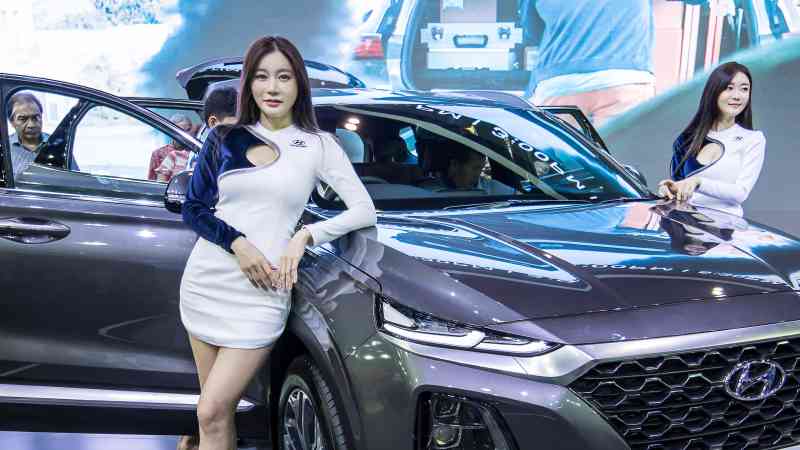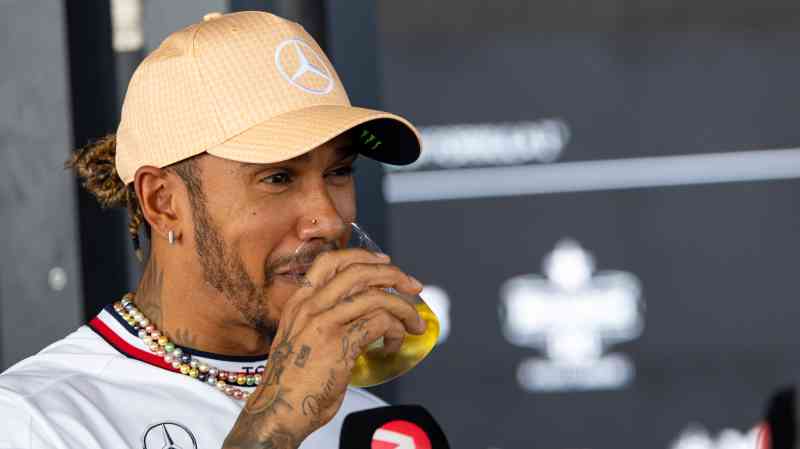Hyundai says future is mixed as demand drops for all-electric cars
Hyundai has become the latest automotive manufacturer to step up investment in hybrid cars, as the industry grapples with a slowdown in demand for all-electric vehicles.
The South Korean company has revealed plans to double its hybrid range to up to 14 models in anticipation of a rise in demand, especially in North America. It has increased its hybrid sales goal by 40 per cent to 1.33 million units by 2028.
However, it decided to stick with its electric vehicle (EV) sales target of two million units by the end of the decade.
Hyundai is expanding into a relatively new hybrid segment called the extended-range electric vehicle (EREV), popular in China, with a range of more than 900KM when fully charged. It is planning to start mass production of these models in North America and China by the end of 2026.
“Recently, the speed of conversion to electric vehicles has been slowing,” said Jaehoon Chang, Hyundai Motor’s president and chief executive. “As a result, demand for hybrids is increasing, and hybrids are becoming a basic option rather than an alternative to internal combustion engines.”
The announcement by the world’s third-biggest carmaker came as Polestar, the EV manufacturer that was spun out of Volvo two years ago, announced a management shake-up after years of delayed model launches and missed delivery targets.
Thomas Ingenlath, founder and chief executive of Polestar, will be replaced by Michael Lohscheller, a former boss of the Stellantis-owned carmaker Opel, Vietnamese EV manufacturer VinFast and electric truck maker Nikola.
He will take up the role on October 1 at a time when Polestar is embarking on a major cost-cutting programme in an attempt to become profitable and break even on cashflow next year.
In another blow for the EV sector, Lotus Technologies, part of the British sports-car maker Lotus Group, which is owned by Geely of China and Malaysia’s Etika Automotive, cut its delivery forecasts for the year by more than 50 per cent on Wednesday, citing uncertainty posed by new tariffs in the US and EU.
BYD profits accelerate
China’s biggest electric vehicle maker, backed by the renowned investor Warren Buffett, has delivered a near quarter rise in half-year profits, despite aggressive discounting on its best-selling models.
Shenzhen-based BYD, which briefly overtook Tesla to become the world’s top-selling electric car maker at the start of the year, reported a net profit of 13.6 billion yuan (£1.4 billion) in the six months to the end of June, marking a rise of 24.4 per cent from the same period a year earlier. Sales rose almost 16 per cent to 301 bullion yuan.
BYD’s growth has come almost entirely from its home market, with six out of the top ten best-selling electric cars in China last year being made by the company. Its rise in Europe could be checked after Brussels proposed to impose double-digit tariffs on imports of Chinese-built electric vehicles, with BYD facing a 27 per cent levy.






